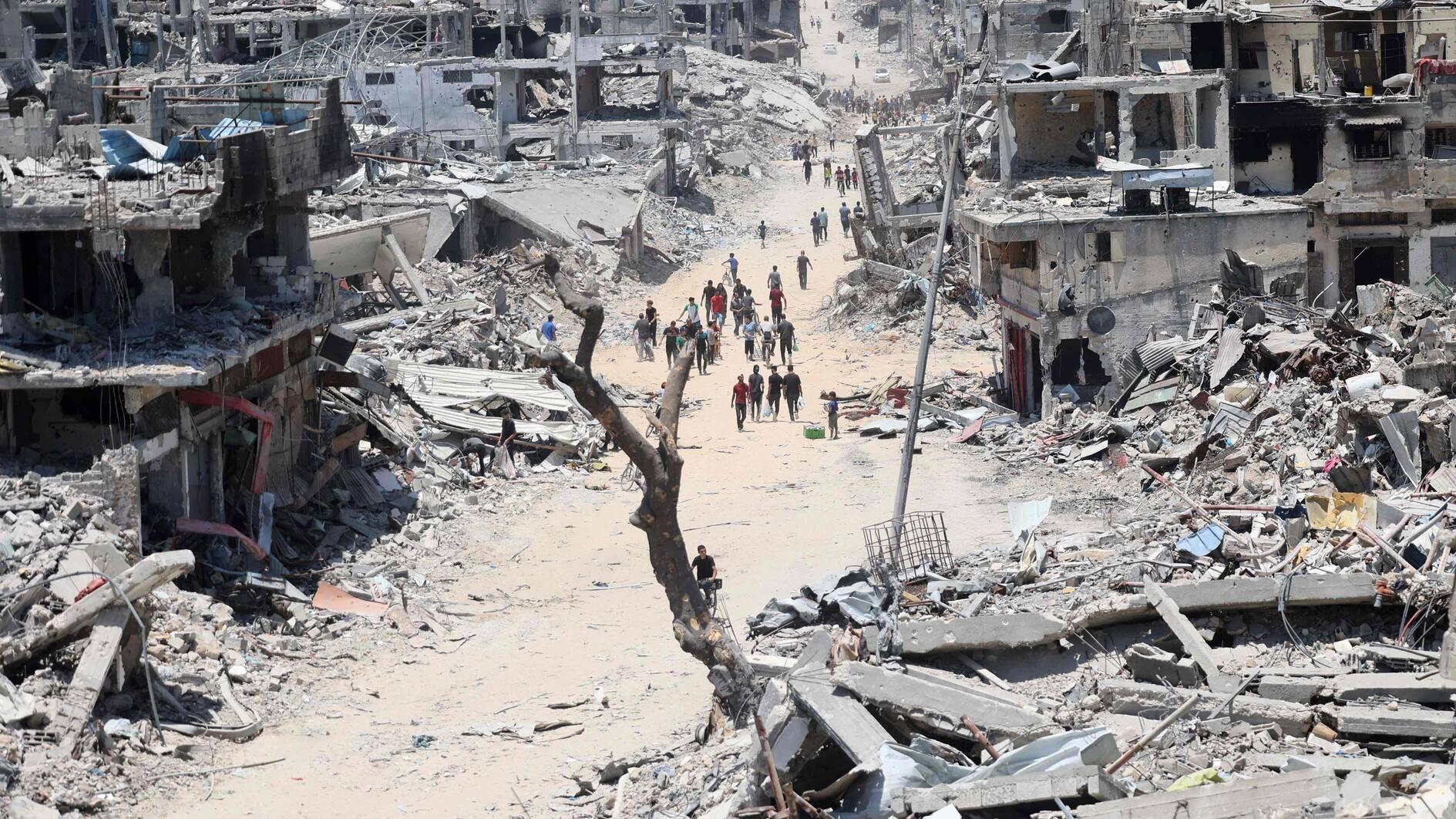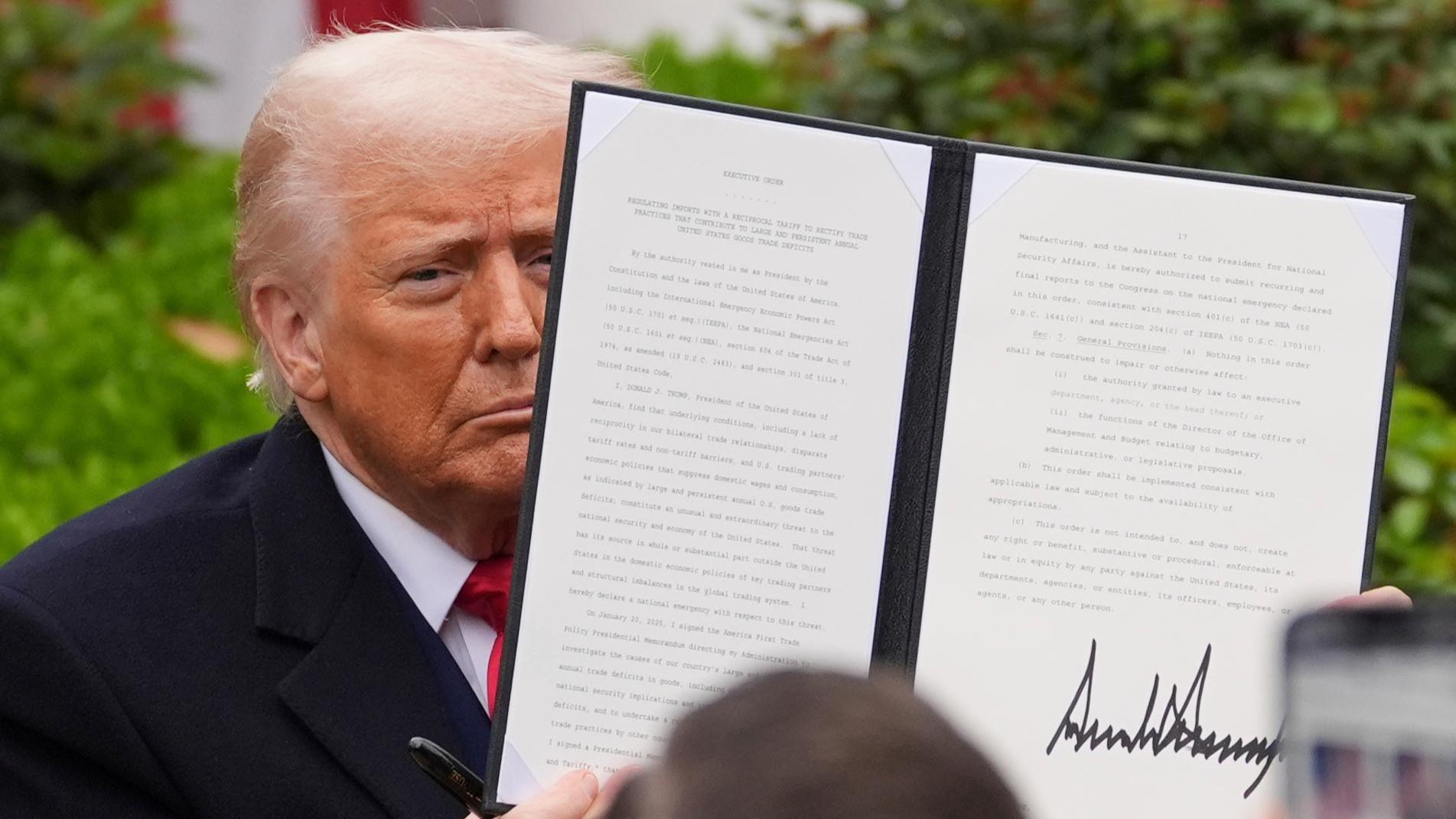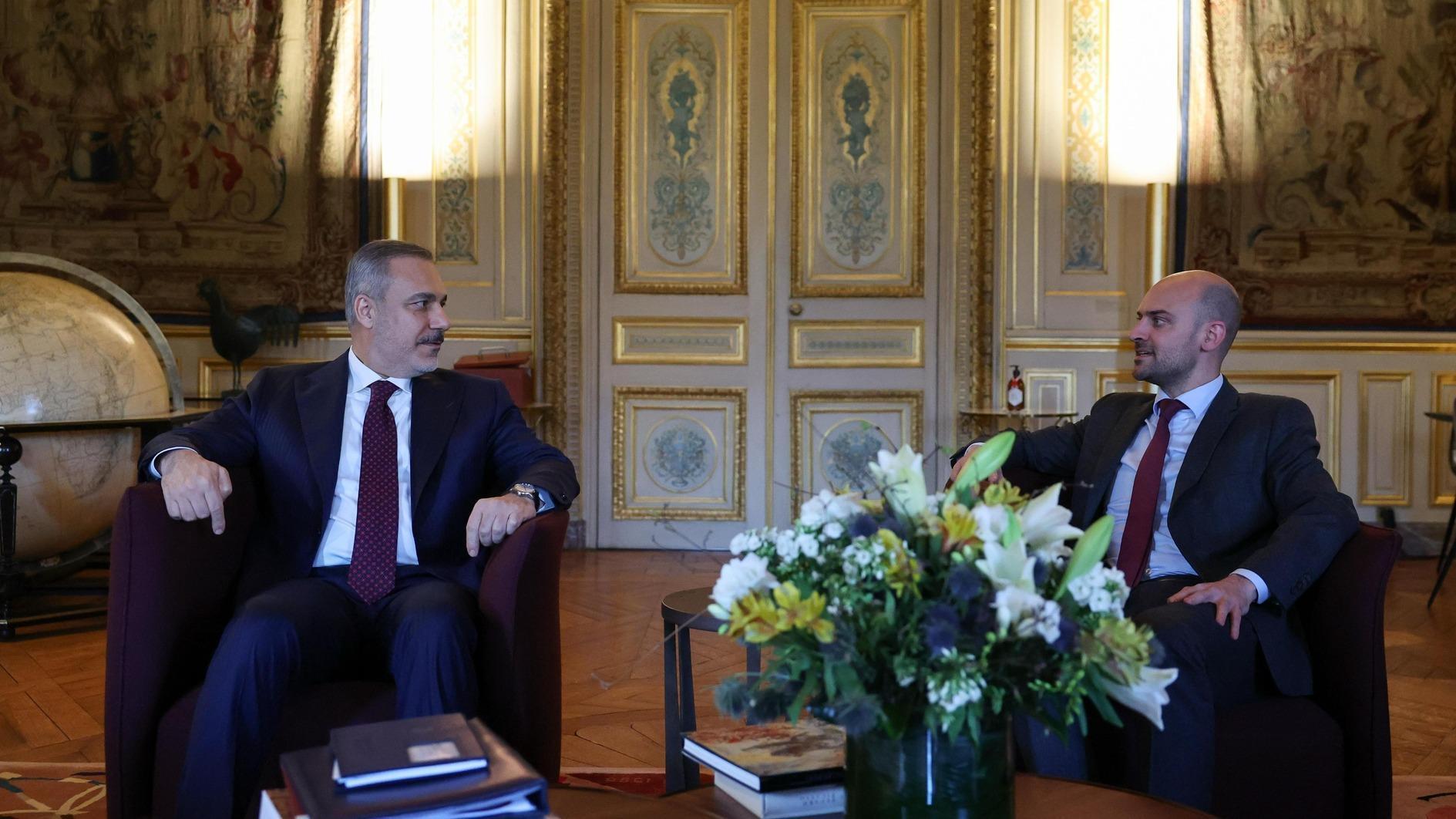Reporting on troubled times
I look at the pictures I posted on Facebook. On the green patch of lawn just before you enter the first gate of Atatürk Airport, several foreign journalists standing in a row before TV cameras anxiously report on the huge story of the day. Everyone was making sure that the lit-up inscription of the entrance to the airport could be seen in our “stand-ups.” I knew some of them, others were new; everyone was anxious and stressed, and some were repeating their written notes on a small pad: “41 people died and 239 were injured in the multiple attacks last night by three attackers who blew themselves up. At least 13 of those killed were of foreign or dual nationality… President Erdoğan and the new prime minister will have to expend their efforts to eradicate ISIL cells, etc., etc.”
In spite of the unmistaken evidence of the pictures I had taken, I found it very hard to recall the details of what I was reporting about, the facts and the figures, to remember how I felt while, for example, I was saying, “Eyewitnesses talk of body parts seen in the airport’s entrance hall.” It’s impossible to recall my words in the context of the event and certainly impossible to bring back my feelings while standing myself on that same green lawn a few hundred meters from the scene of the most serious terrorist attack in Istanbul.
But it happened on June 28, just 17 days before the coup attempt which also found me in Istanbul having to report on a much bigger, much more complicated story – part of which I had to watch on my TV screen and through my social media accounts. And which is still unfolding, making it more and more difficult to comprehend.
Since the evening of July 15, we have been exposed to a sequence of dramatic events which succeeded one another at a speed that is almost impossible to process and analyze. Although we are dealing with a constant bombardment of information which normally would be enough for a journalist to “see the story,” I think few of us can honestly say that “we know what and why it happened.” And yet, we have to relay this half-digested, partly clear but mostly unclear informational mass in a logical order which can be understood by a worried and puzzled audience.
But the amazing speed with which we go “in and out” of stories that affect large numbers of people is worrying. There is not enough time or concentration to do what we are supposed to do; in other words, for more data gathering and cool reflection. Hence, we become less involved and more desensitized as the next big story eliminates the last one from our recent memory. That explains why, when a story that seven members of the Islamic State of Iraq and the Levant (ISIL) were caught near Atatürk airport preparing to launch a terrorist attack reached me two days ago, I just put it aside to deal with the expulsions in the Turkish Armed Forces and the testimonies of the fallen generals.
But these are exceptionally worrying times, and not only for Turkey. I am sure every news person everywhere on the planet is facing similar dilemmas and suffering from similar professional defects. From Texas and Eldorado, from drowning refugees in the Mediterranean to the attacks by “depressed” maniacs against innocent people in Nice or Munich, we are witnessing an alarming acceleration of heinous actions that are very difficult to place in an ideological context. Historians are talking of tectonic changes taking place in our world. I could only wish that we had more time to reflect in order to report on them while retaining our full memory of all things past.











